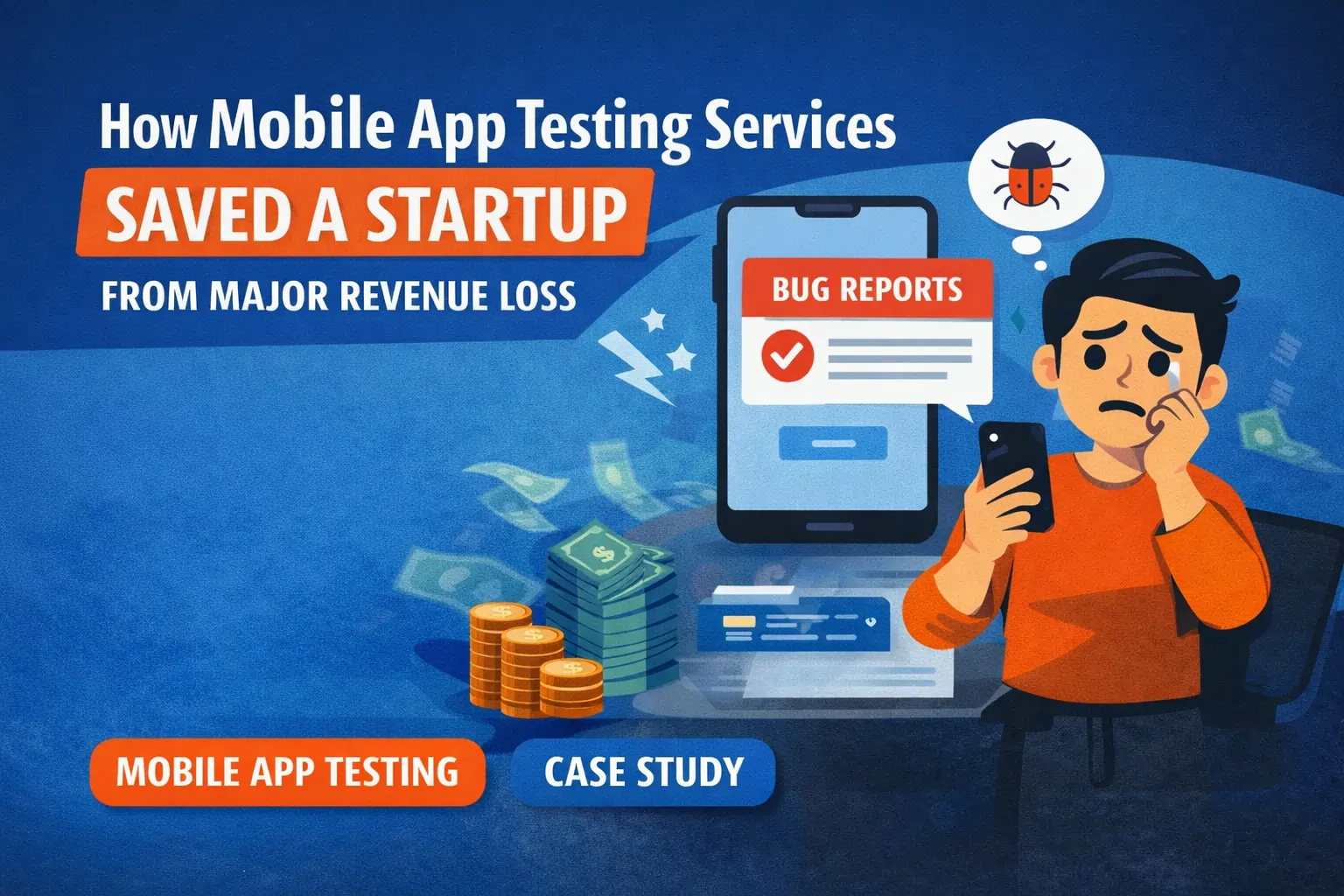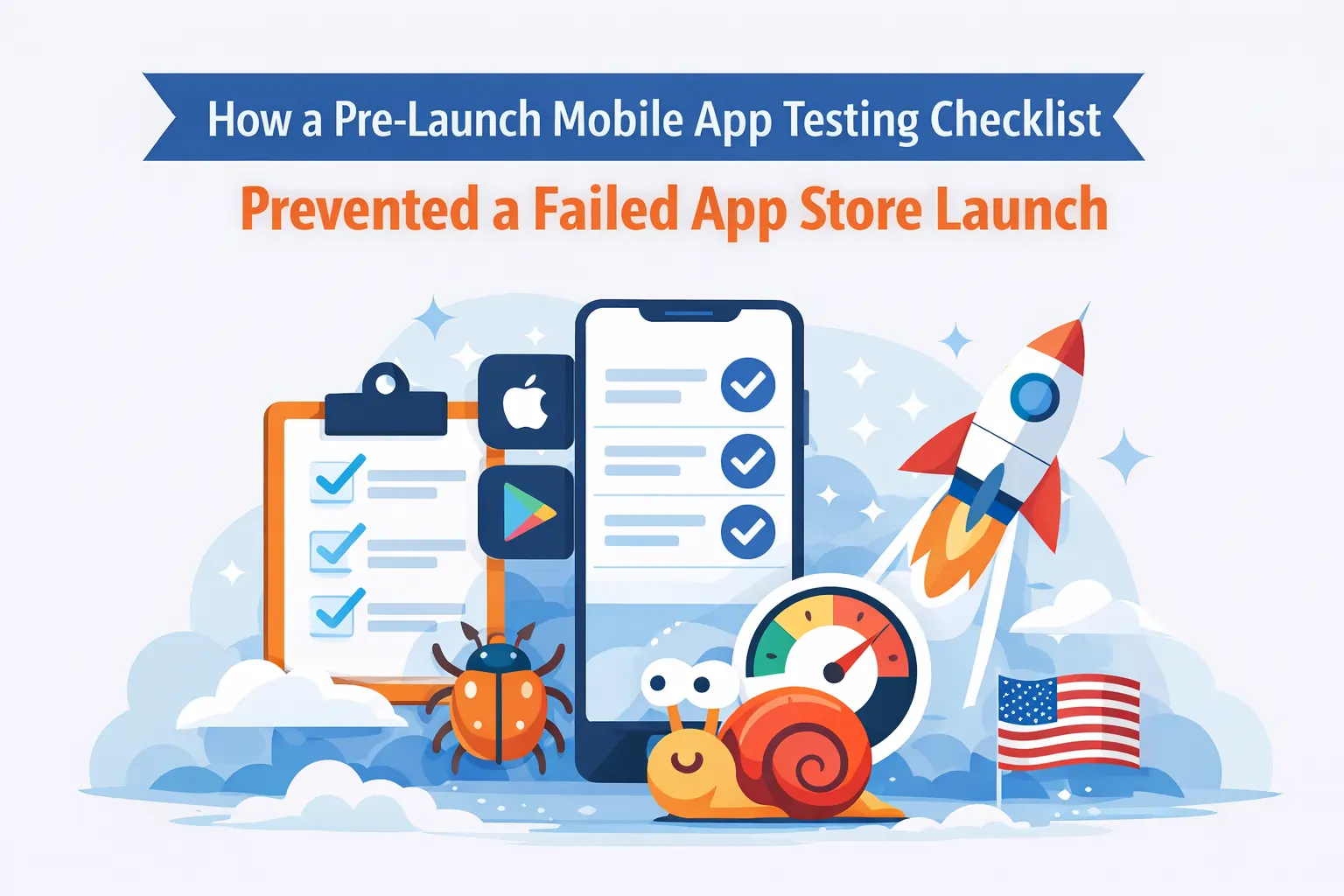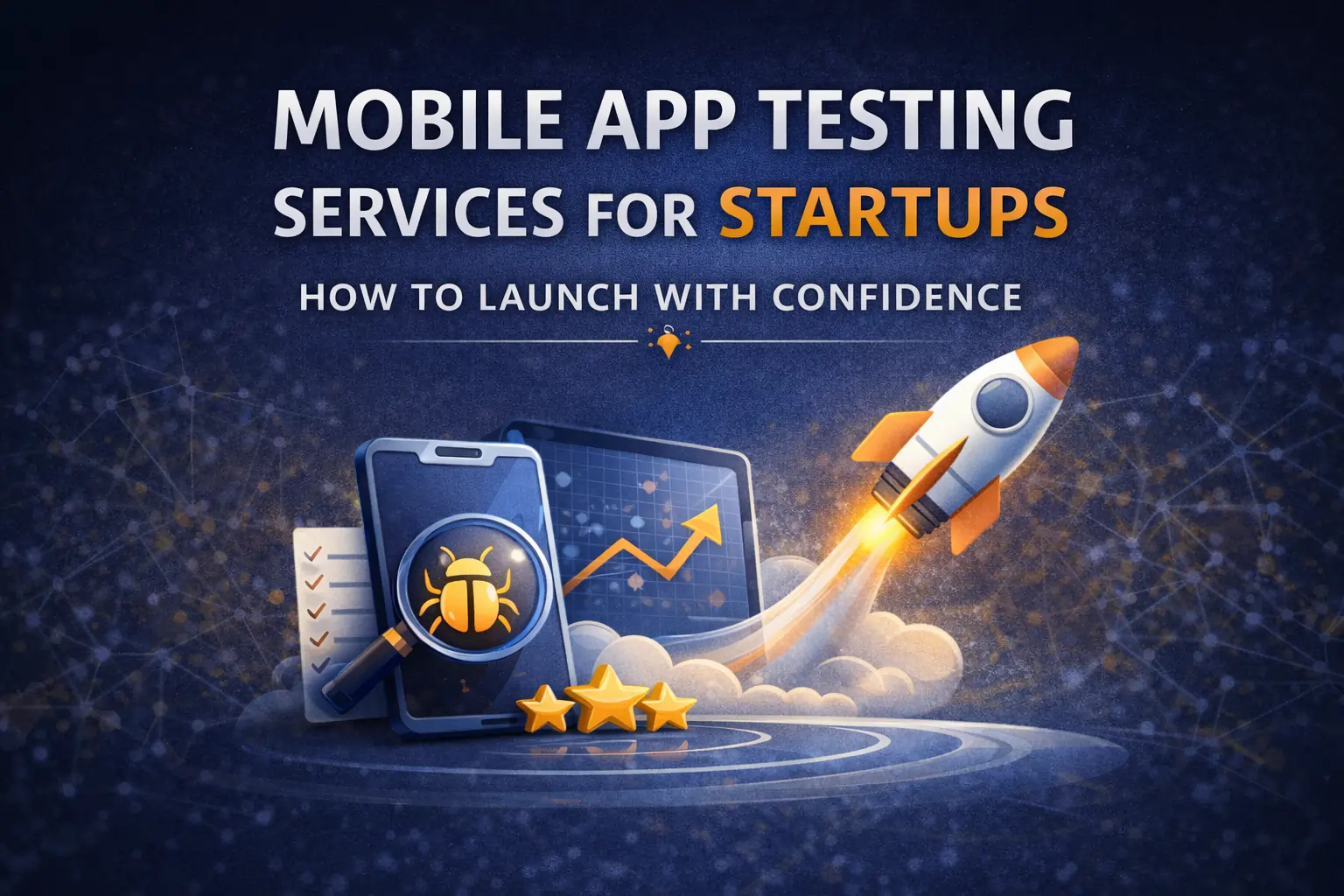iOS App Testing Services vs DIY QA: When to Hire Experts
Building an iOS app is only half the journey — ensuring it performs seamlessly across different iPhones, iOS versions, and real-world scenarios is what determines its success.
Now comes the critical decision: Should you handle testing in-house or hire a professional iOS app testing team?
Many teams begin by testing internally. Some rely on developers to test their own code. While this can be enough during MVP or prototype stages, it often leads to missed bugs, poor reviews, or even App Store rejection once the app is live.
In this blog, we’ll break down the pros and cons of DIY iOS QA versus professional testing services, so you can decide what’s right for your product.
🤔 What Does DIY iOS App Testing Actually Mean?
DIY stands for Do It Yourself. In the context of QA, it refers to internal, self-managed testing — often without a formal testing process or a dedicated QA team.
This might involve:
- Founders or product managers testing basic flows
- Developers reviewing their own code in a simulator
- Skipping structured test cases or real-device testing
- Relying on visual checks rather than functional deep dives
At first glance, this may seem like a time-saving option. However, it typically results in:
- Bugs that only appear on real devices going unnoticed
- Uncaught UX issues that impact user retention
- App Store rejection due to compliance or stability problems
✅ When DIY Testing Might Be Acceptable
There are a few limited cases where basic in-house QA can work:
- Early MVPs built for internal demos
- Single-platform apps with minimal features
- Wireframe/prototype testing for investor pitches
- Temporary use before hiring a QA partner
Even then, it’s essential to document findings and retest thoroughly.
That said, once your app is heading to production, you’ll need deeper, structured QA to avoid launch risks.
🚨 Why DIY QA Isn’t Enough for App Store-Ready Products
Let’s look at what often goes wrong with self-managed QA:
❌ Limited Device Coverage
Most internal teams test only on the latest iPhone model, ignoring other iOS versions, screen sizes, or network conditions.
❌ No Real-User Simulation
In-house testing often skips user behaviors like denying permissions, receiving a call mid-session, or using Face ID with poor lighting.
❌ App Store Rejection Risks
Apps that crash, have missing error messages, or fail IAP sandbox checks are frequently rejected by Apple.
❌ Missed UX Flaws
Tiny tap zones, broken gestures, or inconsistent layouts pass undetected until users leave 1-star reviews.
🧪 What You Get with Professional iOS App Testing Services
At Testers HUB, we follow a structured, proven approach to iOS app QA that includes:
🔹 Real-Device Coverage
We test on:
- iPhone SE, XR, 11, 13, 14, 15 series
- iPads (Standard, Mini, Pro)
- iOS 15–17 in both light and dark modes
- Multiple network types (Wi-Fi, 4G, offline)
🔹 Functional Testing
Our team validates:
- Login/signup (Email, Apple ID, OTP)
- User flows, navigation, and settings
- Payments, subscriptions, and IAP
- Notifications, session handling, and deep links
🔹 UI/UX Testing
We test for:
- Tap target sizes and button spacing
- Scrolling, swiping, gestures
- Font scaling and screen responsiveness
- Light/dark mode layout shifts
🔹 App Store Readiness QA
We ensure:
- Sandbox IAP is tested and compliant
- No crashes during Apple review
- Proper handling of permissions and denied flows
- Consistent experience across device generations
🧩 Case Study: From DIY Rejections to a 4.8★ App
Client: UK-based fintech startup
Issue: Rejected twice by Apple due to login crashes and UI bugs
What We Found:
- Face ID crash when permissions were denied
- Broken support links in help section
- Incomplete network error handling in low-signal areas
What We Did:
- Tested on 5 real iPhones + 2 iPads
- Created a regression test suite
- Simulated edge cases and App Store review flow
Result:
✅ Approved on third submission
✅ Crashes dropped by 90%
✅ User rating jumped to 4.8 stars within 30 days
📊 Quick Comparison: DIY vs Expert QA
Feature |
DIY QA |
Professional QA (Testers HUB) |
| Real-device testing | Rare or limited | iPhones + iPads, all versions |
| iOS version coverage | Often latest only | iOS 15, 16, and 17 |
| Push + permission flows | Often skipped | Fully validated |
| App Store compliance | Risk of rejection | Full pre-submission QA |
| Automation support | None or minimal | Appium & XCUITest available |
| Testing documentation | Manual or ad hoc | Structured reports with logs |
| Time to test | Depends on dev availability | Planned, scalable, repeatable |
🎯 When to Hire iOS App Testing Experts
It’s time to bring in a QA partner when:
- You’re submitting to the App Store
- Your app handles payments, health data, or permissions
- You want a 5-star launch with minimal post-release fixes
- You don’t want to risk internal bias or missed test cases
- You care about long-term retention and user experience
✅ Why Choose Testers HUB for iOS QA?
We don’t just run test cases — we play your app like your users would.
Our team helps you pass App Store review, reduce crash rates, and deliver experiences worth keeping.
🚀 Let’s launch with zero surprises.











